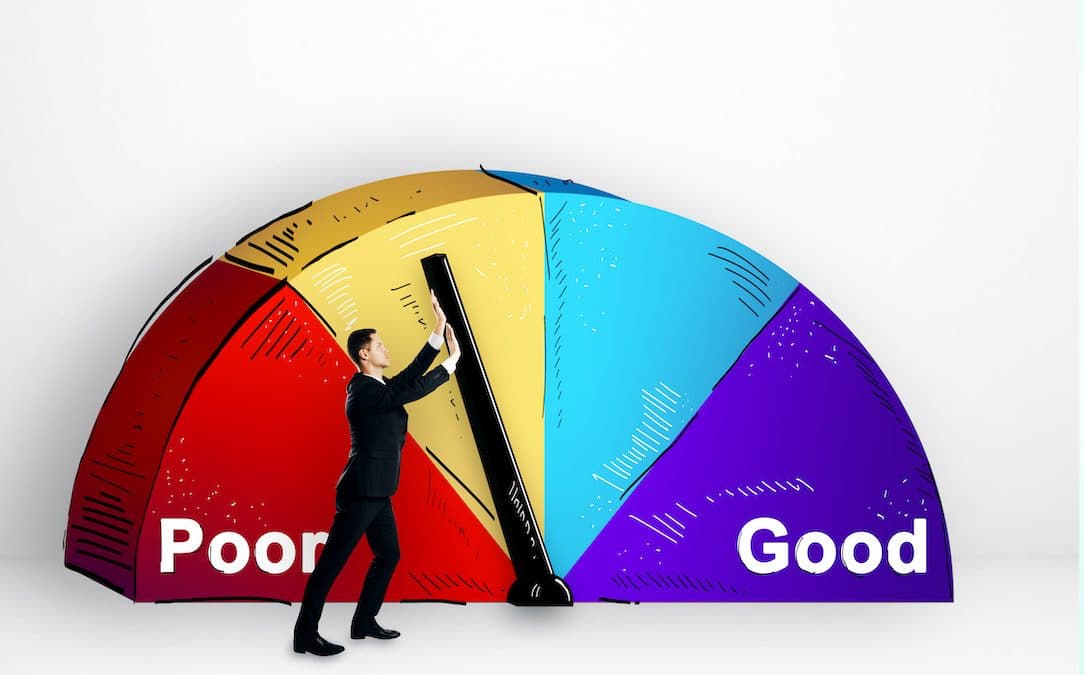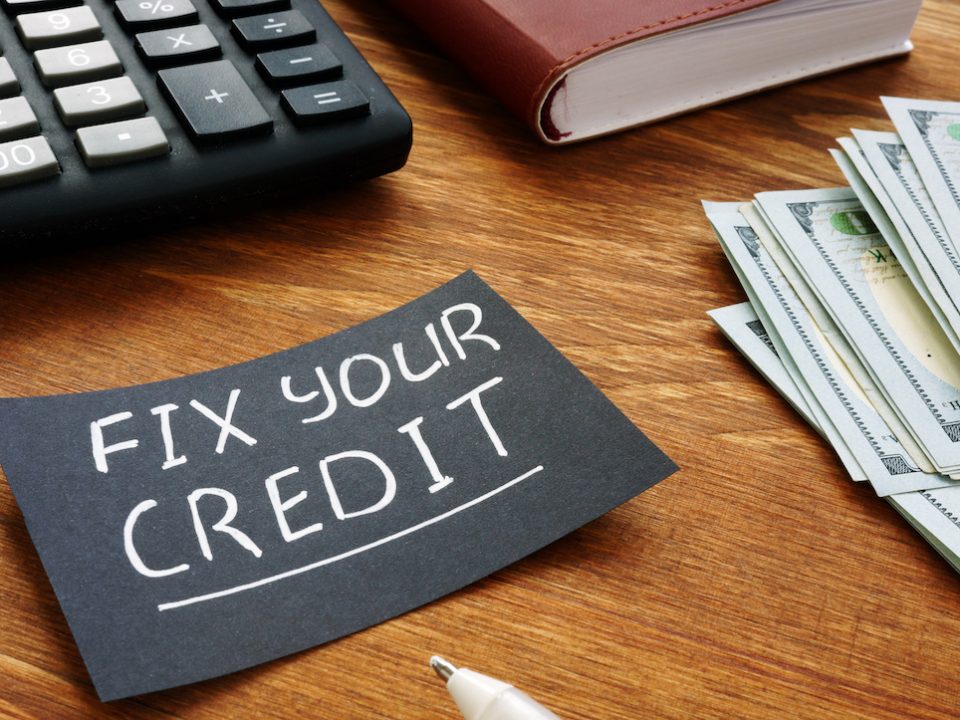That three-digit number defined as your credit score, that lenders evaluate to determine your creditworthiness, is an essential factor in your financial life. It can affect your ability to get a job, buy a new car, rent an apartment, or even purchase a new home. The higher the scores, the higher your chances of qualifying for your desired loan. Sometimes life gets crazy and we make decisions that make our credit score suffer. If your credit score isn’t where you need it to be, try these tips for improving your credit score:
Don’t Be Late
When it comes to paying your bills, you want to be on time. By keeping track of what bills are due and when they’re due, you can get into a habit of paying them on time. When you pay your bills on time, you will save money and can even boost your credit score.
Lending Studios Tip: Align your bill due dates with your paydays. As soon as you get your paycheck, pay your bills!
Getting into the habit of paying on time is simpler than you would think. Investopedia suggests these tips to quit paying late and submit your bill payments on time:
- Use auto-pay: these days many companies will provide you the option to have your bill automatically deducted from a checking or savings account. This means you won’t even have to think about paying the bill, it will automatically be done.
- Use financial software: there are softwares out there that have features that will prompt you days in advance of your due dates – this way you’ll never forget!
- Consolidate bills: it will be easier to remember when you’re only paying one bill. For example: try to get your internet, phone, and cable from the same provider.
- Schedule paying: make time in your schedule to pay bills on a regular basis, just like you schedule time for the gym or other appointments. When you have a set time, it will be easier to make it a habit. No more missed due dates here!
- Find a spot: organize a spot in your home to keep track of bills. When you just throw them on the kitchen counter, you are more likely to lose track of them. Keep them in an area with supplies you might need to pay bill with: computer, checkbook, stamps, pens, envelopes, and more.
That’s a good start, but do you need more tips?
More Tips For Paying On Time
- Be organized: Organize your bills by due date. They suggest creating a habit of noting the due date as soon as you open the bill, and then putting it on your calendar.
- Give your payment time to arrive: be sure you check statements to see how many days in advance they recommend paying. If it takes your payment too long to the creditor, it could be late. You want to meet or beat the deadline, not miss it.
- Learn your bill cycle: review several months’ worth of bill statements and put them in order that they’re due. You’ll notice your due dates fall into two groups: early or late in the month. If you don’t have enough money at the time of the month that they’re do, call your creditor to change due dates.
- Email reminders: See if your creditors will provide reminders via email. When they’re sent to you this way, it’ll be easier to click the prompt to log on and pay then and there.
- Pay by phone: many places will allow you to pay your bills by phone. If you regularly pay bills late, paying by phone might work in your favor. Though there is usually a small fee, it’s typically less than late fees.
When you pay your bills on time, you keep them in good standing. When bills are in good standing, it increases your credit score. If you want to boost your credit score, this could be a good place to start.
Use Experian Boost
Experian Boost is a free service that can increase your credit score fast. Improving your credit can take a while, but using Experian Boost is something you can do yourself right now – and for free. Boost will allow customers to include their cell phone and utility payments into the calculation of credit score using data from Experian. This is a service that can help people who have less experience with credit. By showing responsibility with your finances by paying on your phone bill or utilities, Boost will boost your credit. Experian Boost might also be a good option for you if you’re trying to rebuild your credit.
Pay off Debt
Paying off debt will help increase your credit score. To begin paying off debt, make sure you’re paying the minimum payments and paying them on time. Once you’ve got that down and have worked on your budget, you might find you have more money to send to debt. Trying things like the debt snowball method or the debt avalanche could help you pay off debt fast, thus increasing your credit score.
The debt snowball method is when you pay your debts from smallest to largest, not worrying about interest rates. You will gain speed as you pay off each balance. When the smallest debt is paid off, you use the money that was going towards that payment and throw it at your next debt. You continue doing this until your last debt is paid in full. You will get short-term victories with this, giving you something to celebrate each time a debt is paid off.
The debt avalanche method focuses on paying the highest interest rate first. Once that’s paid off, you move to the next-highest interest rate. This method doesn’t come with the short-term victories, but if you are patient and see the bigger picture, this method could be for you.
Keep Credit Card Balances Low
To lower your credit, focus on your credit utilization rate. Your credit utilization rate is the amount of available credit you use at any point – and it highly impacts your credit score. A high utilization could show on your credit score and indicate that you have trouble paying your bills. The lower the utilization rate, the better your credit score. Paying your balance early and decreasing spending will help lower your credit utilization rate and give your credit the boost you’re looking for. Credit utilization accounts for 30% of your credit score.
Limit Opening New Credit
When you apply for a new line of credit, an inquiry is placed on your credit report. This usually lowers your overall credit score by a couple of points. An inquiry on your credit adds up to be 10% of your credit score.
Opening or applying to a new line of credit has an effect on your credit score. When you get a new credit card, your average credit age is lowered. Due to this, your credit score is also lowered. This makes up 15% of your credit score.
Keep unused credit card accounts open
Experian suggests keeping your unused credit cards open. When you keep them open, you benefit from a longer average credit history and a larger available credit. In regards to your credit score, you’re rewarded for having long-standing accounts and for only using small amounts of your credit limit.
When you follow all of these tips, you are likely to improve your credit score and get your financial health moving in the right direction. You don’t have to suffer from a bad credit score forever, you have options.




